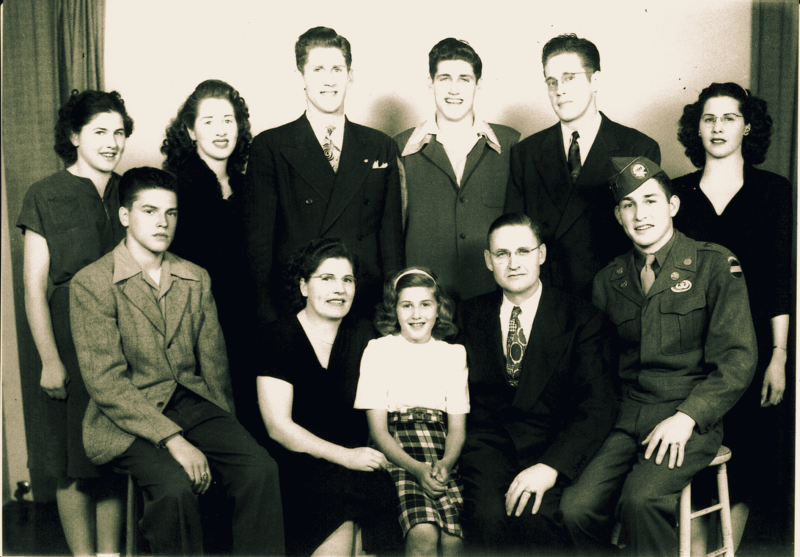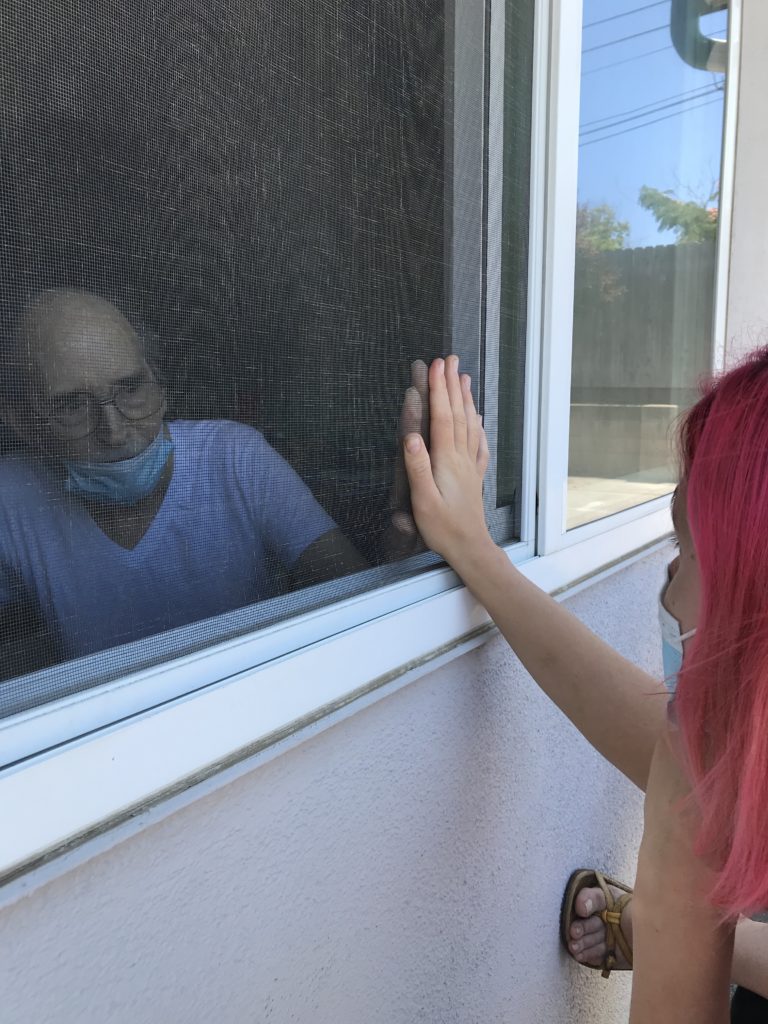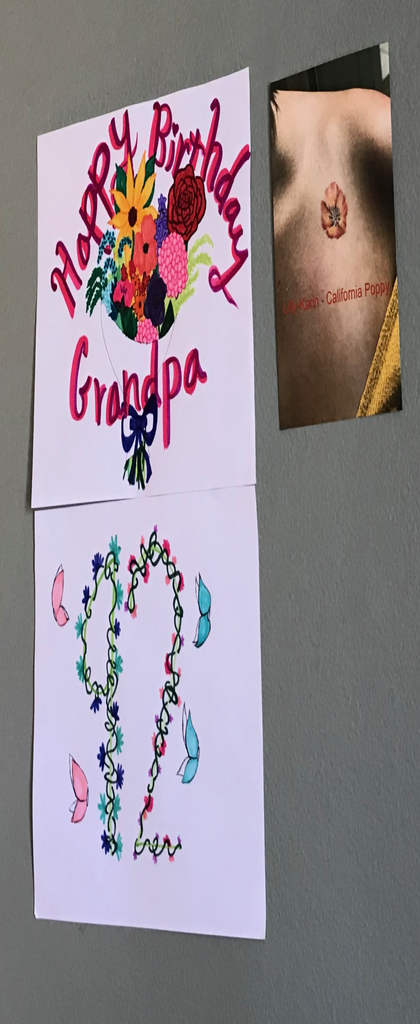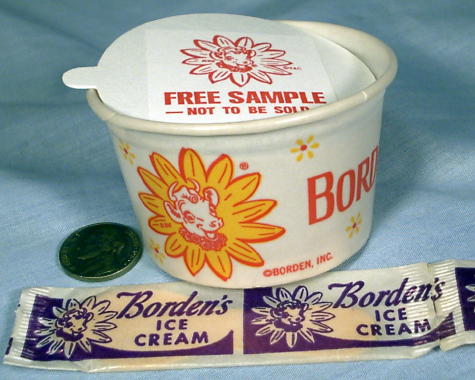
I spoke to my father on the phone briefly last Sunday. We were driving back from the store, on a hot, dusty afternoon. I’d heard that he was slipping, and I had just returned from Chicago, wondering when I might see him again. (I was waiting on the results of a COVID test — airports, y’all.)
He had trouble following the conversation. His speech was halting, weak. I told him that we’d set up our child at college and she was having a good time, despite the quarantine. Her roommate was a great match, at least so far. He was pleased to hear that.
When I asked about him, he said he was tired of sitting on his ass. Just tired.
Two days later, I got word that my father was no longer able to swallow, so he couldn’t take his pain medication. I contacted hospice and they assured me that they would switch him over to sublingual morphine. Then after sitting with that image for a few minutes, I packed an overnight bag and my work laptop.
The drive down wasn’t fast: enough people were back at the office that traffic in Silicon Valley felt more like pre-pandemic times. Once I escaped San Jose, I grabbed dinner, and drove hard. My soundtrack was old Prog rock, a Tom Papas comedy special, and a welcome phone call from my best friend, Dan.
I’d left a message on Dan’s voicemail, and the transcription read, “My father is going shopping.” What I actually said was I thought my father was getting ready to “shuffle off this mortal coil.” We had a good laugh over the foibles of technology.
Santa Maria was quiet at 9:15 pm, and I settled into a spare room. Woke up at 1:30 am, and watched my monkey brain as it jumped through the canopy of my thoughts. Fell back asleep around 3 (?).
The alarm woke me at 6:15, and I stumbled into the kitchen to make strong tea. Before I could finish, the phone rang. Frank had died during the night. The oldest member of the clan. The last child of John and Ethel Schlosser.
Off I went to Hillview to meet with the nurse. In the few weeks since I’d last seen him, my father had shrunken in on himself. He was a corpse: thin, pale, silent.
The temporary room where they’d moved him was nearly bare: only a few photographs on the wall. No birthday cards, no drawings. It might have been a hotel room, or a doctor’s office.
The funeral home sent two attendants about an hour later. They were very solicitous and respectful. They made sure I knew what they were doing at every step, and gave me a choice to stay or wait outside. I stayed, although I had to back into the backroom to give them room to maneuver the gurney.
Their vehicle was a white cargo van. As they left, an Amazon truck passed in the opposite direction, its gray paint job an imperfect mirror of the funeral vehicle. Yin and yang. Pick up and delivery.
Later in the morning, we called the funeral home and authorized the cremation for later this week. The skies are so filled with ash, would anyone notice?
Rest, father. We’ll take it from here.




